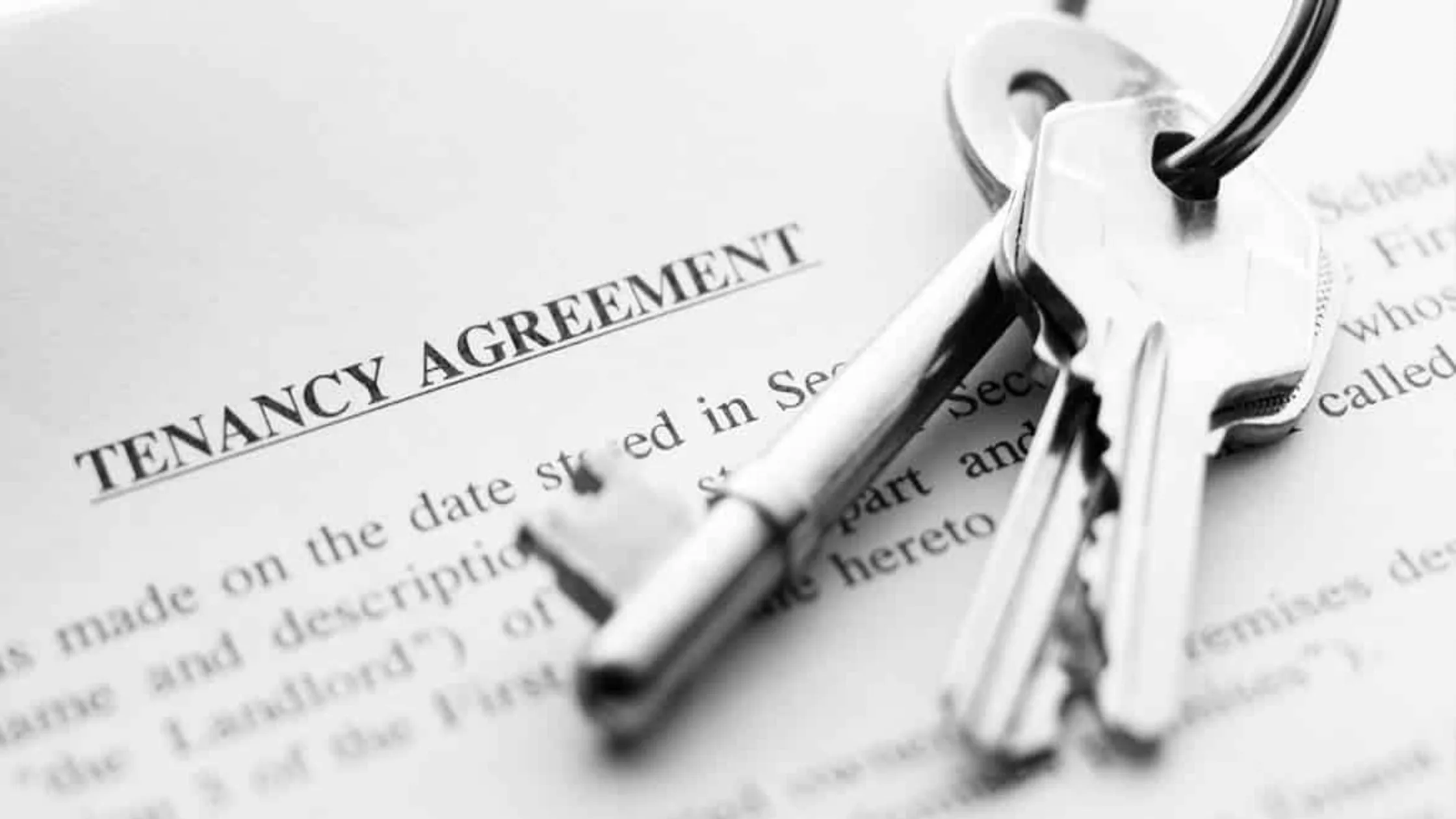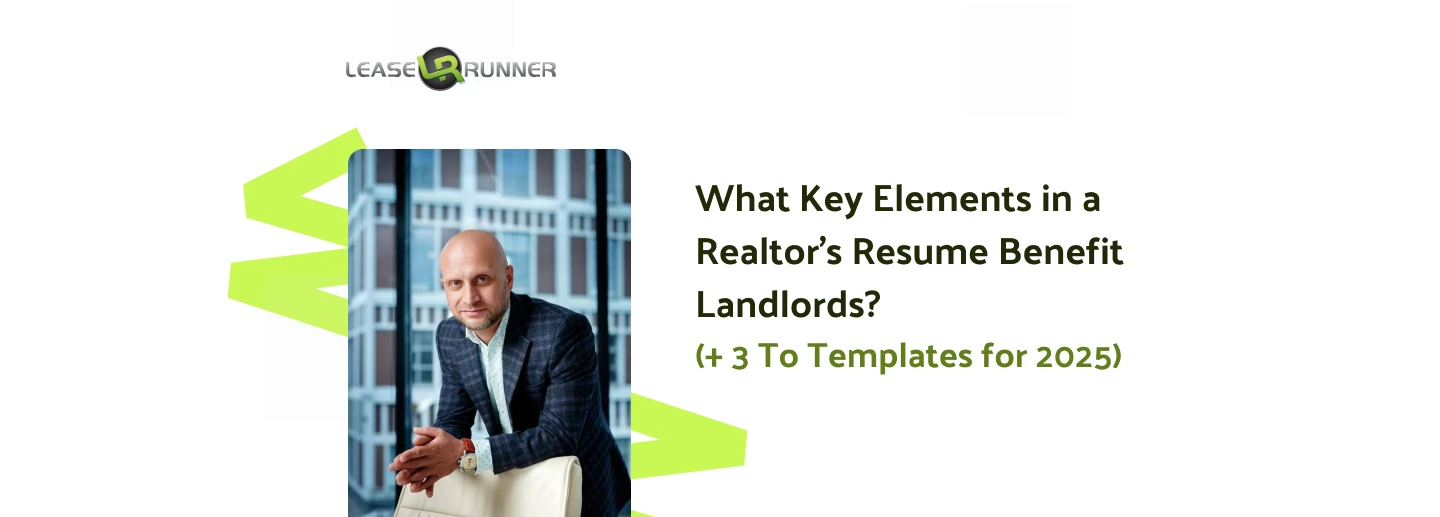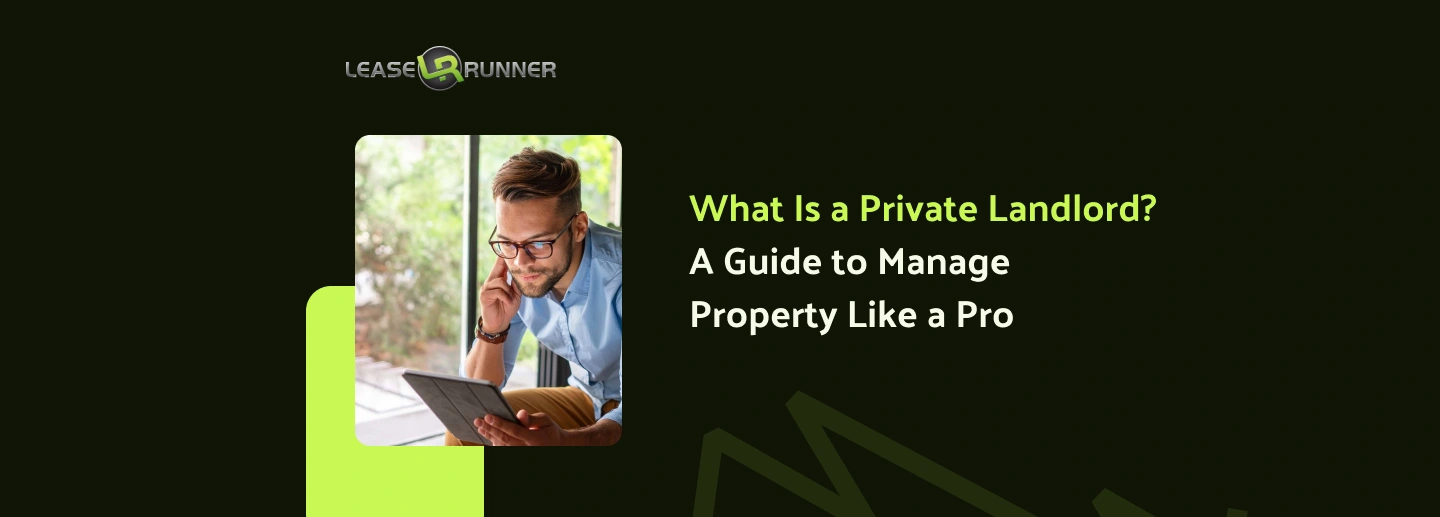
If you’re renting in Florida, you should know exactly what a landlord cannot do Florida in 2025. Rules keep changing, and some landlords push the limits. This guide is here to help you understand your rights!
Overview of the Florida Residential Landlord-Tenant Act

The Florida Residential Landlord-Tenant Act lays out the legal rights and duties of both landlords and tenants in Florida. Its main goal is to create a fair rental environment, stop abusive practices, and make sure everyone knows exactly what landlords are required to do and what they absolutely cannot do.
This law covers everything from how leases should be written to how evictions must be handled. It also explains how security deposits must be managed, what repairs landlords have to make, and how much notice they need to give before entering a tenant’s home.
In 2025, this Act matters more than ever because of recent amendments and court decisions that have expanded and clarified tenant protections. For example:
- Limits on Late Fees: Florida law now caps late fees at the greater of $20 or 20 % of monthly rent and requires these caps to be stated in the lease
- Streamlined Complaint Processes: Many Florida counties now offer online systems for tenants to file landlord-tenant complaints, making it easier and faster to report problems.
- Stronger Rules for Retaliation: Recent court cases have clarified that even subtle forms of retaliation, like repeated inspections or slow-walking repairs after complaints, can be illegal.
Staying informed helps tenants protect themselves from illegal practices and gives landlords clear guidance on how to run their rental business the right way.
Just starting out as a landlord and still figuring the business slowly? Check out this guide on how to become a legit landlord in 2025, where we cover what you need to begin and what laws to comply with.
What a Landlord Cannot Do in Florida? 5 Legal Violations to Avoid

So in 2025, what can’t a landlord do in Florida? Even though landlords have the right to collect rent and maintain their property, there are strict limits on landlord’s power. Below are 5 major legal violations landlords must avoid.
1. Enter the Property Without Proper Notice
Landlords in Florida don’t have the right to show up unannounced or enter whenever they want. The law requires reasonable notice, typically at least 12 to 24 hours in advance. They also need to enter at reasonable times of day, like standard working hours.
The only real exception is for true emergencies. For example, a fire, gas leak, or serious water damage that needs immediate attention justifies entry without notice to prevent harm or property damage.
When landlords repeatedly enter without permission or proper notice, it’s a clear violation of tenant privacy and a breach of Florida’s landlord-tenant law. Tenants can document these violations and seek legal remedies.
2. Retaliate Against Tenants Who Exercise Their Rights
It’s illegal in Florida for a landlord to retaliate against tenants for exercising their legal rights. Landlords can’t raise your rent, threaten eviction, or otherwise punish you because you requested repairs, complained about unsafe conditions, or reported them to code enforcement or housing authorities.
These kinds of retaliatory actions are specifically prohibited by Florida law to make sure tenants can stand up for their rights without fear of payback.
3. Discriminate Based on Protected Classes
Landlord responsibilities in Florida must comply with the federal Fair Housing Act as well as the state’s own anti-discrimination laws. They can’t refuse to rent, set different terms, harass, or otherwise treat tenants unfairly because of:
- Race or color
- National origin
- Religion
- Sex (including gender identity or sexual orientation)
- Disability
- Familial status (like having children)
This means ads that say “no kids,” refusing service animals for disabilities, or treating tenants differently based on these traits is against the law. Tenants who face this kind of discrimination can file complaints with the U.S. Department of Housing and Urban Development (HUD) or the Florida Commission on Human Relations.
4. Lock Tenants Out or Shut Off Utilities
Florida law prohibits landlords from conducting self-help evictions. They are not allowed to change the locks, shut off water or electricity, or take any similar actions to remove tenants without going through the legal eviction process.
Evictions in Florida require a formal procedure, which includes providing written notice and obtaining a court-ordered writ of possession. Any attempt to bypass this process is illegal, and tenants have the right to pursue legal action for damages if it happens.
5. Harass or Threaten Tenants
Florida law strictly prohibits self-help evictions. A landlord can’t just change the locks, turn off the water or electricity, or use other tactics to force a tenant out without following the proper legal process.
Evictions in Florida require formal steps:
- Written notice explaining the reason and timeframe to fix or vacate
- Filing an eviction lawsuit in court
- Obtaining a court-ordered writ of possession to have law enforcement remove the tenant
Bypassing this process is illegal. Tenants who are locked out or have utilities cut can sue for damages and may even recover attorney fees in court.
What Landlords Can’t Do When Tenants Request Repairs
Tenants have the right to live in safe, well-maintained homes. Florida law sets clear rules for handling repairs. Landlords need to take these requests seriously and follow the right steps to keep their properties in good shape.
Delay Repairs Beyond Legal Timeframes
Repairs shouldn’t drag on forever. Florida law requires landlords to handle maintenance within a reasonable time once they get notice. Serious issues like plumbing problems, broken AC in the summer, or electrical hazards should be fixed quickly. Long delays can violate renters' rights in Florida for repairs and lead to complaints or legal action.
Ignore Repair Requests Without Cause
Landlords can’t simply brush off or ignore requests for repairs. When tenants point out a real problem, it needs attention. Ignoring these requests can make small problems worse and create health or safety risks. Good landlords show tenants they care by responding promptly and planning the necessary work.
Fail to Maintain a Habitable Property
A rental property has to be safe and livable. This involves working plumbing and electrical systems, proper locks, protection from pests, and meeting basic health standards. Landlords have a duty to keep units in a condition that’s comfortable and legal. Tenants shouldn’t have to live with broken appliances or unsafe conditions.
Illegal Lease Terms and Fees Florida Landlords Must Avoid
Florida law sets clear limits on what landlords can include in a lease and how much they can charge. Even if both sides sign the agreement, certain terms and fees are automatically invalid if they violate tenant rights or state law.
Overcharge Rent or Add Illegal Fees
While Florida generally allows landlords and tenants to agree on rent amounts, landlords cannot tack on hidden or unreasonable fees that aren't clearly disclosed and lawful. For instance, charging excessive late fees above state or local limits, or demanding extra payments not covered in the lease, can be considered illegal. Tenants should always get a clear, itemized breakdown of charges to avoid surprises.
Enforce Invalid Lease Clauses
Even if a lease includes certain rules, they can’t override Florida law. Clauses that attempt to waive the landlord’s legal obligations (refusing to maintain the property or denying required notice before entry) are unenforceable. Tenants have the right to insist those terms be ignored, and landlords can face legal consequences if they try to enforce them anyway.
Add Clauses That Violate Tenant Rights
Landlords can’t include terms in a lease that violate basic tenant protections. Examples include forbidding service animals for tenants with disabilities, banning children or families, or allowing discrimination against protected classes. These kinds of clauses directly violate federal and state fair housing laws and can lead to serious penalties.
Security Deposits and Tenant Property: What’s Off Limits

Florida has specific rules about how landlords must handle security deposits and tenant belongings.
Illegally Withhold Security Deposits
Landlords must follow strict procedures for returning security deposits. They need to provide written notice within 30 days if they plan to make deductions. Keeping the deposit without notice, or charging for normal wear and tear, is illegal. Tenants can challenge improper deductions and may be entitled to damages if the rules aren’t followed.
Keep Abandoned Property Without Following Protocol
If a tenant leaves belongings behind after moving out, landlords can’t immediately claim or dispose of them. Florida law requires landlords to follow specific steps, like notifying the tenant and waiting a certain period before selling or discarding items. Skipping these steps can result in liability for the value of the property.
Charge Non-Refundable or Excessive Move-Out Fees
While landlords can charge reasonable cleaning or damage fees, they can’t require non-refundable fees that effectively act as extra security deposits without proper disclosure. Excessive or hidden move-out charges are also prohibited. Tenants should receive clear explanations of any fees and have the right to dispute unfair or illegal charges.
Legal Mistakes Landlords Must Avoid to Prevent Tenant Lawsuits
When landlords don’t follow the law, it can lead to big headaches, unhappy tenants, and expensive lawsuits. Let’s talk about some common mistakes that can get landlords in hot water and how to avoid them.
Not Understanding Local Ordinances
Florida has laws for landlords and tenants, but every city and county can have extra rules on top. Some places have special notice periods before inspections, limits on certain fees, or rules about inspections and maintenance.
Landlords should always check the local rules where their rental is located to stay on the safe side.
Ignoring Retaliation Claims
Tenants have the right to speak up about problems without fear of payback. Retaliation happens when a landlord punishes a tenant for things like asking for repairs or reporting code violations. This could look like raising the rent suddenly, giving an eviction notice without cause, or threatening them in any way. Florida law protects tenants from this behavior, so it’s important to handle complaints calmly and fairly.
Mishandling Escrow or Rent Disputes
Security deposits and rent payments aren’t just extra cash to use freely. Florida requires landlords to keep security deposits in special accounts and to follow specific steps when returning them. Landlords also need to handle rent disputes openly and carefully.
3 Tips to Help Landlords Stay Compliant

Below are some practical tips to help landlords stay on track.
1. Draft Legally Sound Lease Agreements
A strong lease is the foundation of a good rental experience. It should be clear, fair, and follow Florida law as well as any local rules. Don’t add confusing or illegal terms that could cause arguments later. A good lease protects both the landlord and the tenant and helps everyone know what to expect.
2. Maintain Transparent Communication with Tenants
Answer questions quickly, share important updates, and talk openly about repairs or changes. Tenants appreciate knowing what’s going on, and it helps avoid misunderstandings. When landlords stay in touch, tenants feel respected and are more likely to take good care of the property.
3. Conduct Fair Tenant Screening Without Discrimination
Choosing the right tenant is important for protecting your property, but it has to be done fairly. Landlords can’t discriminate based on things like race, religion, gender, family status, or disability. Services like LeaseRunner can help landlords screen tenants by offering credit checks, background reports, and eviction history while staying compliant with fair housing laws.
Conclusion
Knowing what a landlord cannot do, Florida protects both landlords and tenants. Stay informed, follow the rules, and enjoy a smoother rental journey with LeaseRunner blog!
FAQs
Q1. What is considered landlord harassment in Florida?
Landlord harassment in Florida happens when a landlord uses intimidation, threats, or repeated disturbances to try to make a tenant move out or give up their legal rights. It's more than just being rude or difficult—it’s behavior meant to pressure the tenant unfairly, and it’s illegal under Florida law.
Some common examples of landlord harassment:
- Showing up at the property without proper notice to unsettle or bother the tenant
- Shutting off utilities like water, electricity, or air conditioning in an attempt to force the tenant out
- Sending threatening or aggressive messages, whether in writing, by phone, or in person
- Making repeated unwanted visits or calls without a valid reason, especially at odd hours
- Creating unsafe or uncomfortable conditions on purpose to make the tenant leave
Tenants have the right to live in peace and privacy without being intimidated or threatened by their landlord. Harassment is strictly prohibited in Florida. Tenants who experience it can report the behavior to local authorities, file a complaint with housing agencies, or even take the landlord to court to stop the harassment and recover damages.
Q2. Can a landlord enter a rental property without notice in Florida?
No. Florida law requires landlords to give at least 12 to 24 hours' notice before entering the property, unless there’s an emergency. Entering without proper notice at other times is a violation of the tenant’s right to privacy and is one clear example of what a landlord cannot do in Florida. Tenants can document unauthorized entries and may have legal grounds to take action if the landlord continues to break this rule.
Q3. Is it legal for a landlord to shut off utilities in Florida?
No, it is not legal. In Florida, landlords are prohibited from shutting off essential utilities like water, electricity, or air conditioning as a way to force a tenant to leave. This practice is known as self-help eviction, and it is completely illegal under state law.
Evictions in Florida must follow a strict legal process:
- Giving the tenant proper written notice of the violation or reason for eviction
- Filing an eviction lawsuit in court
- Obtaining a court-ordered writ of possession before removing the tenant
Any attempt to bypass this process by cutting off utilities, changing locks, or removing a tenant’s belongings is unlawful. This is another clear example of what a landlord cannot do in Florida. Tenants who face illegal utility shutoffs can file complaints, seek legal help, and may be entitled to damages and attorney fees.







